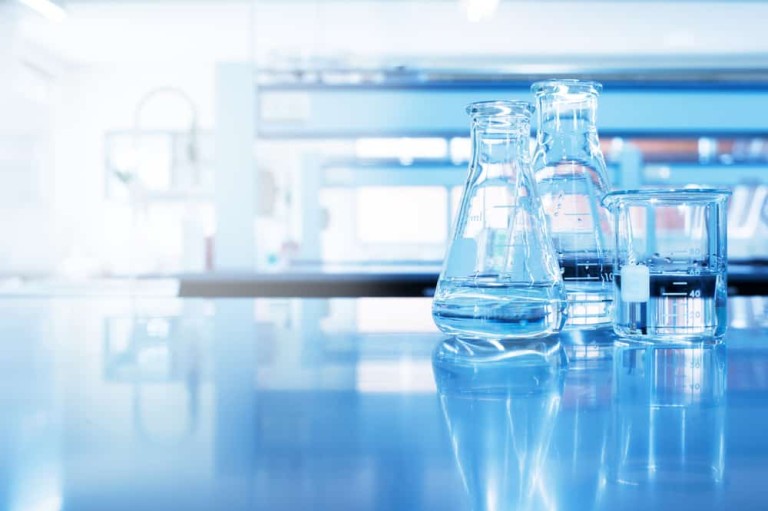
In laboratories and cleanroom settings, depending on the nature of the work you are doing, your operations will rely on different types of pure water. If you’re new to managing cleanroom environments or if you and your colleagues need to know more about the various types of pure water and what testing criteria are required, read on for insight.
Remember that various organizations categorize types of pure water differently, so it pays to be aware of industry standards and best practices.
Different Types of Water
Types of water to be aware of for purity in manufacturing include:
CLSI/CLRWs
CLSI stands for Clinical and Laboratory Standards Institute, and this type of water is no longer described with the previous designations of Type I, II and III, instead now having the designation of being water that is “fit for purpose,” with a single grade being CLRW for Clinical Laboratory Reagent Water.
ASTM
The American Society for Testing and Materials (ASTM) has defined four categories for laboratory-grade water as a standard specification for reagent water, which are:
- Type I: This type is produced by distillation (or an equivalent process) and processed by ion-exchange materials using a membrane filter measuring 0.2-µm.
- Type II: This specification calls for distilled water with a conductivity of less than 1.0 µS/cm at 298 K (25°C.).
- Type III: Water in this category is prepared with ion exchange, reverse osmosis, distillation or continuous electrodeionization, using a membrane filter measuring 0.45-µm.
- Type IIII: Using techniques such as distillation, continuous electrodeionization, ion exchange or reverse osmosis, Type IIII reagent water will show electrical conductivity and resistance and pH at 25°C.
Pharmaceutical and Analytical - USP PW (Pure Water) and USP WFI (Water for Injection)
USP PW
You can produce purified water using multi-stage or single-stage approaches, such as distillation, ion exchange and reverse osmosis. With an RO setup, you can be confident removing as much as 99% of bacteria, minerals and organic materials from the water. It’s considered less expensive than methods using heating processes to purify water.
USP WFI
Water for injection is ideally processed with a two-pass reverse osmosis system rather than a single-pass approach, to help avoid microorganism contamination.
Criteria for Testing
Water purity professionals examine several criteria when testing water for purity and suitability in manufacturing processes, including:
- Colloids
- Biological contamination
- Level of organic compounds
- Conductivity
- Resistivity
Connect With Technical Safety Services for Help With High-Purity Water and Comprehensive Testing Services
With so much depending on the quality and purity of the water your enterprise uses in cleanroom or pharmaceutical manufacturing, it’s prudent to be as familiar as possible with the various types of high purity water available today, and how pure water affects the optimal functioning of your production line.
The reputation of your organization is on the line each time you start up a production run that depends on high-purity water.
At Technical Safety Services, our experts know all the ins and outs of maintaining a steady supply of lab pure water for a wide variety of processes in multiple industries. We handle testing and maintenance. To learn more about our approach to water purity and testing, contact us today.

